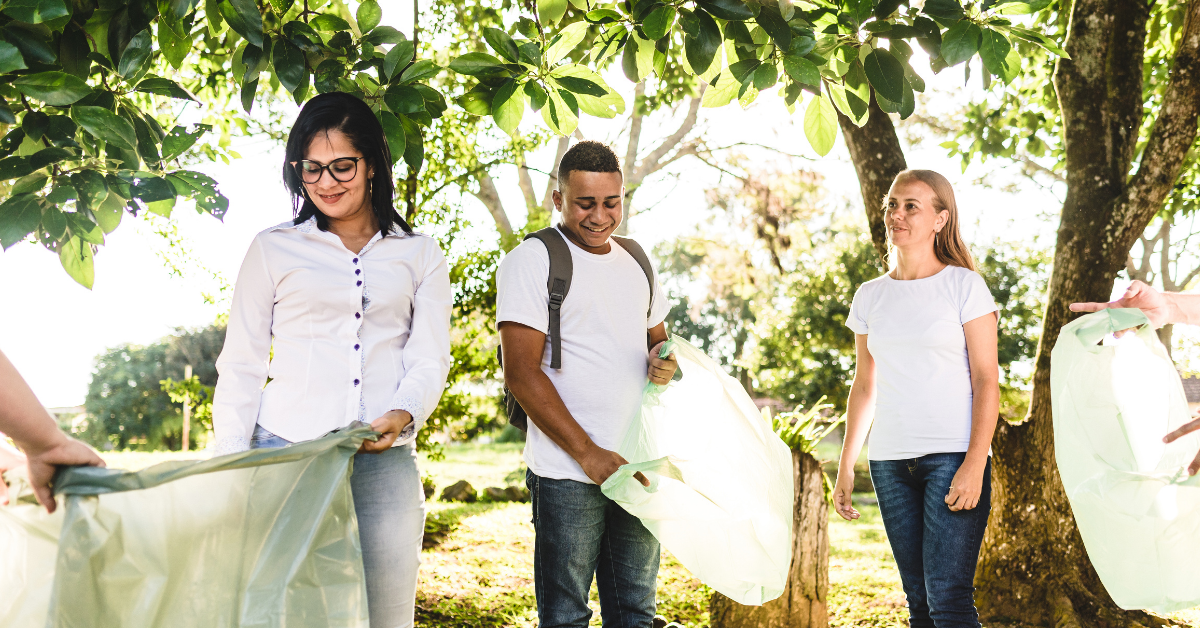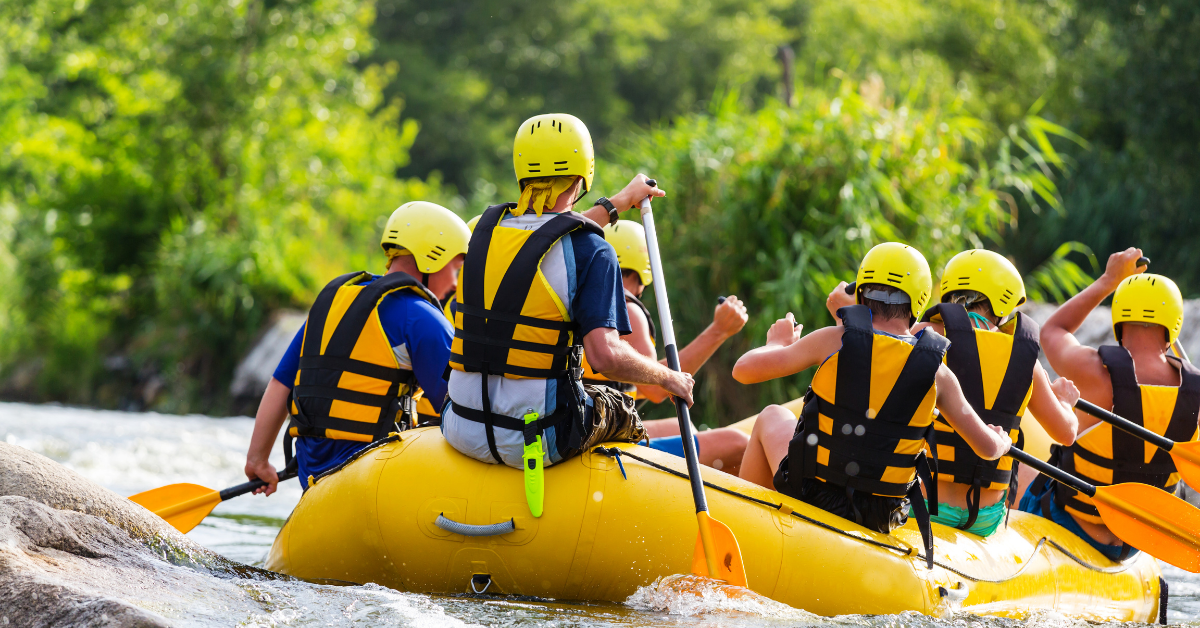We make employability an essential part of the student experience at Queen’s. Our events and programmes are designed to encourage you to try new things, meet new people and build relevant skills and experience, both at home and overseas. Here are just some of the highlights for the year ahead.
Fairs on Campus
Our Autumn and Spring Fairs are an opportunity for employers to showcase their graduate roles, internships, placement and work experience opportunities to Queen’s students.
Webinars and workshops
Our Future-Ready Skills Bitesize programme will help you understand the skills employers are looking for and identify any gaps. Delivered online, these sessions cover everything from dealing with imposter syndrome to communication skills. Our live workshops in The Cube include Selling your Transferable Skills and Finding Your Purpose. You can also access the Future-Ready Skills Course through Canvas, the University’s virtual learning platform. The course will help you develop the personal and professional skills that will support you both at Queen’s and beyond.
Future-Ready Skills for Leaders
Our hugely popular leadership programme Future-Ready Skills for Leaders, is a three-day event of business games and challenges designed to develop teamwork, management, leadership and presentation skills held in semester 2 in One Elmwood.
Future Ready Skills for Leaders: Go Global
This global leadership programme brings together students from across the University to work on projects and develop skills that enable them to become change- makers. The project work is enhanced by a visit to an international city to meet with alumni and other professionals working in a range of companies. Last year, students travelled to Boston.
Future-Ready Skills for International Students
Our international student employability programme is designed to help you discover how to build your personal brand, craft an effective CV and cover letter for the UK job market and learn all about the nuances and etiquette of the UK workplace – including how to ace that all-important interview!
Spotlight on… Industry
Our Spotlight On… City tours include visits to local and global law firms based in Belfast, as well as an opportunity to tour local public sector and not-for-profit organisations. We’ll also be hosting key players from the creative industries during a panel event in The Cube.
Real-World Experience
We offer access to valuable and impactful work experience through work shadowing and internships. During our Real-World projects, you’ll deliver a short sharp project with a participating employer, while our funded summer internships offer the chance to gain valuable experience and earn a salary. Work shadowing is a great way to try a career on for size to see if it fits.
Real-World Challenges
Covering topics including overhauling the justice system and tackling climate change, our Real-World Challenge series gives you the opportunity to tackle a real-world problem, then persuade the experts, while developing key employability skills in the process. Meanwhile, our Stock Market Challenge offers the chance to simulate the excitement of the trading room floor right here on campus.
Global Opportunities
You’ll find out about the wealth of work and study abroad opportunities open to you at Go Global Week, culminating in the annual Go Global Fair. We also host a series of information sessions throughout the academic year.
Go Global, Work Local
Our Working Globally From NI internship programme allows you to build up experience with an international company from right here in Belfast.
Widening Participation Mentoring Programme
Our Widening Participation Mentoring programme is designed to help talented university students from underrepresented groups succeed in their early careers.
She Leads
Our She Leads Programme for Women is an opportunity for aspiring future women leaders to discover their unique strengths, values and behaviours and develop their sense of agency as they learn to assert themselves, improve their communication style and limit self-doubt.
For event listings, visit here










